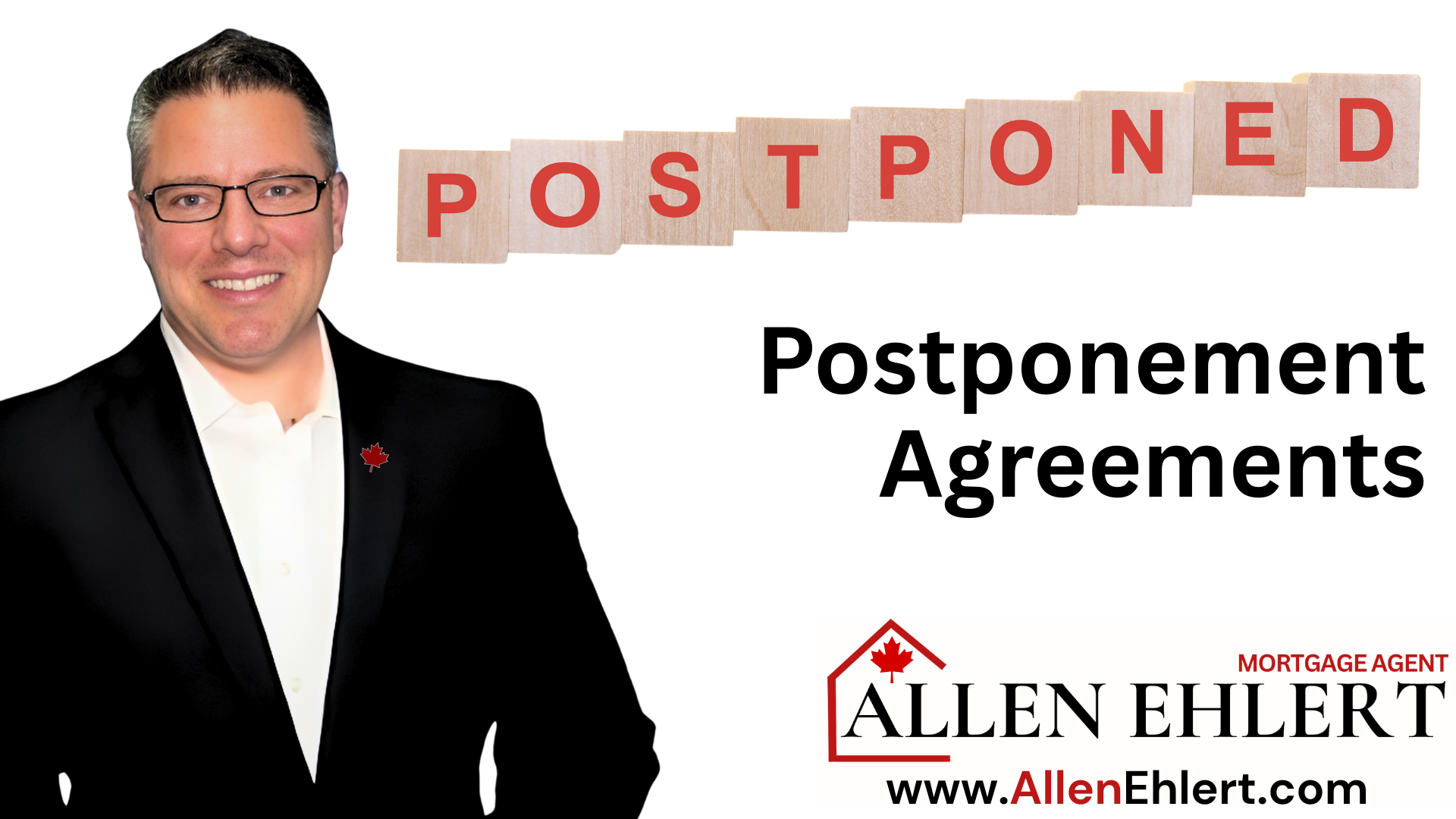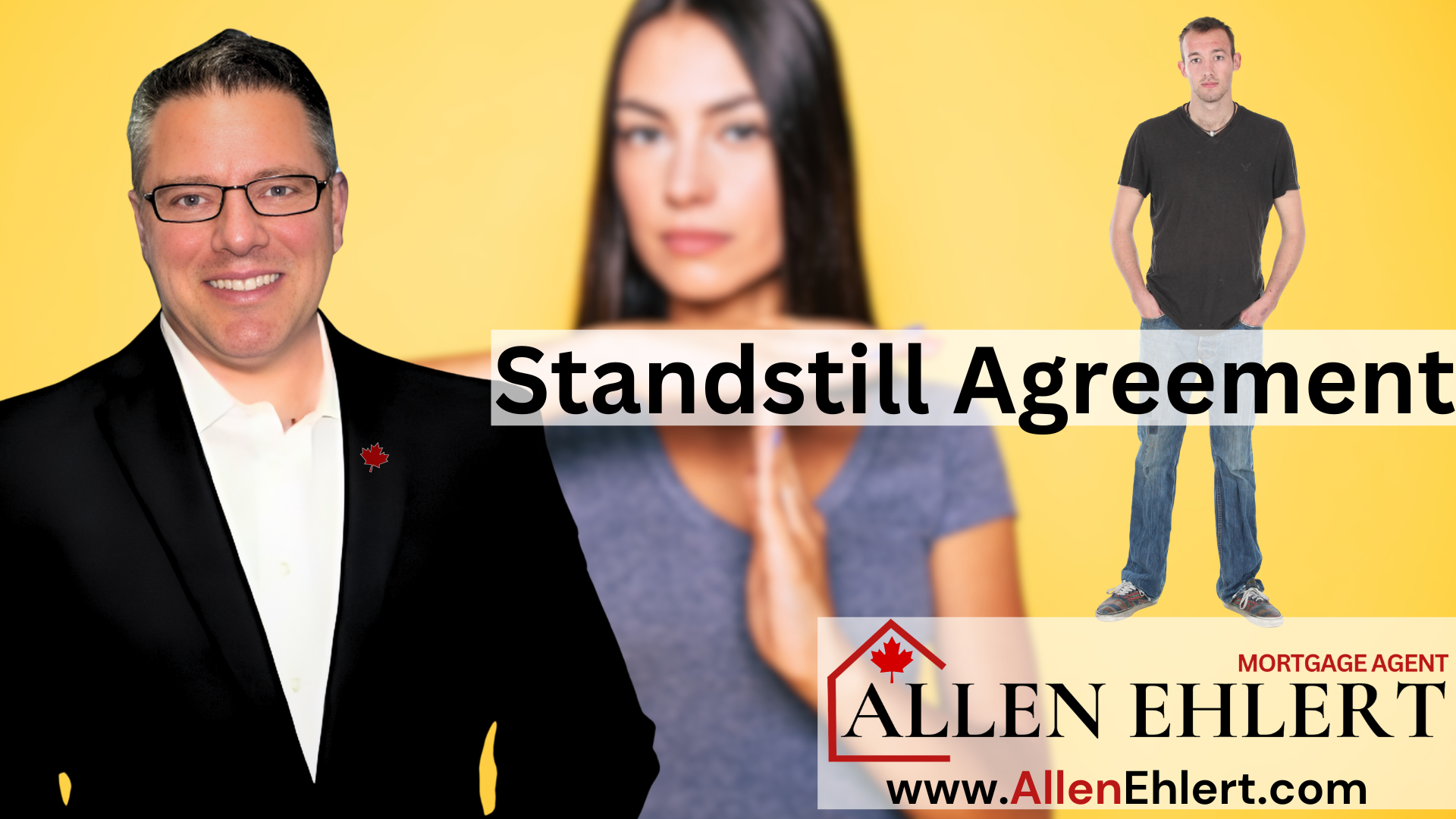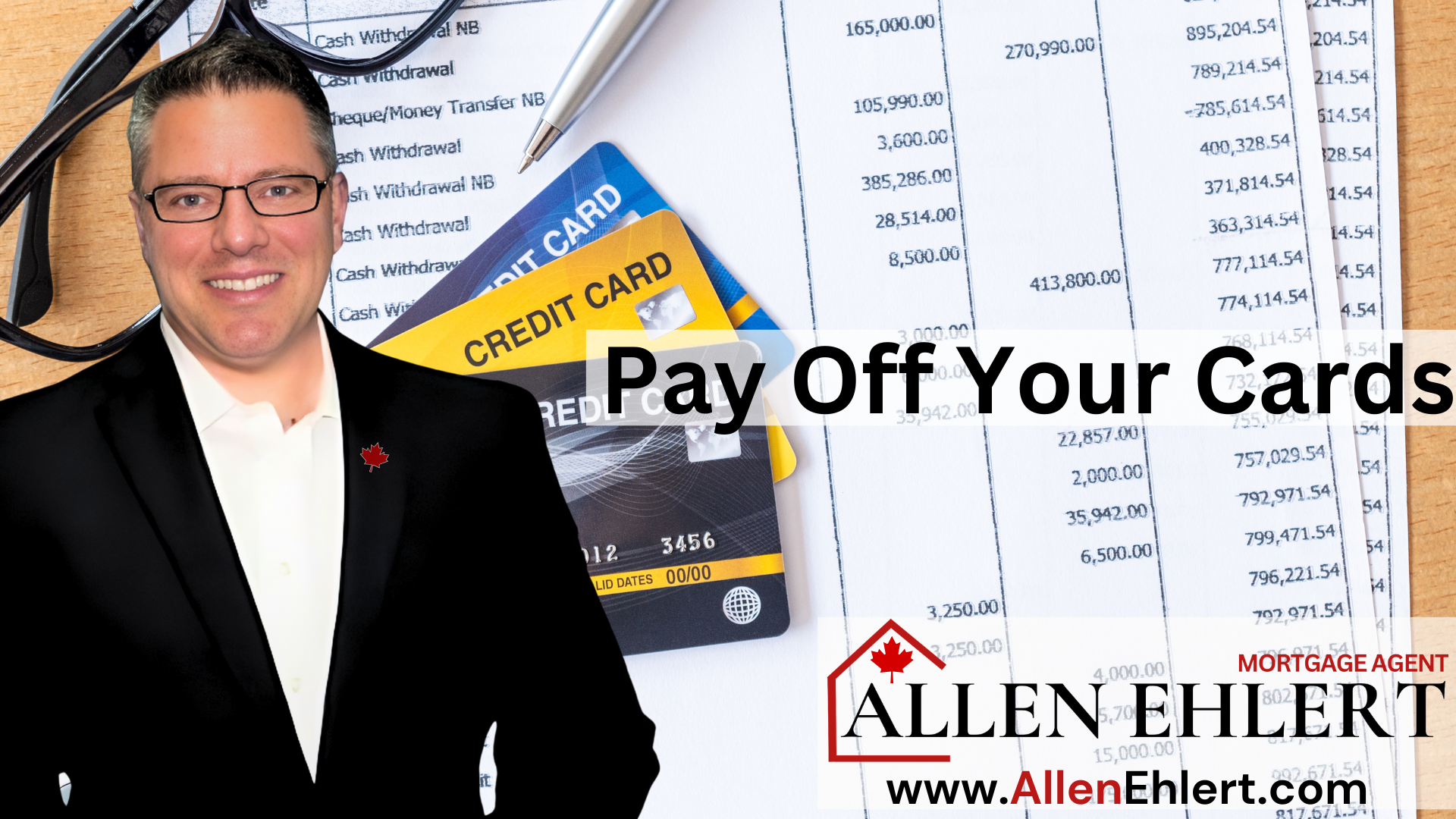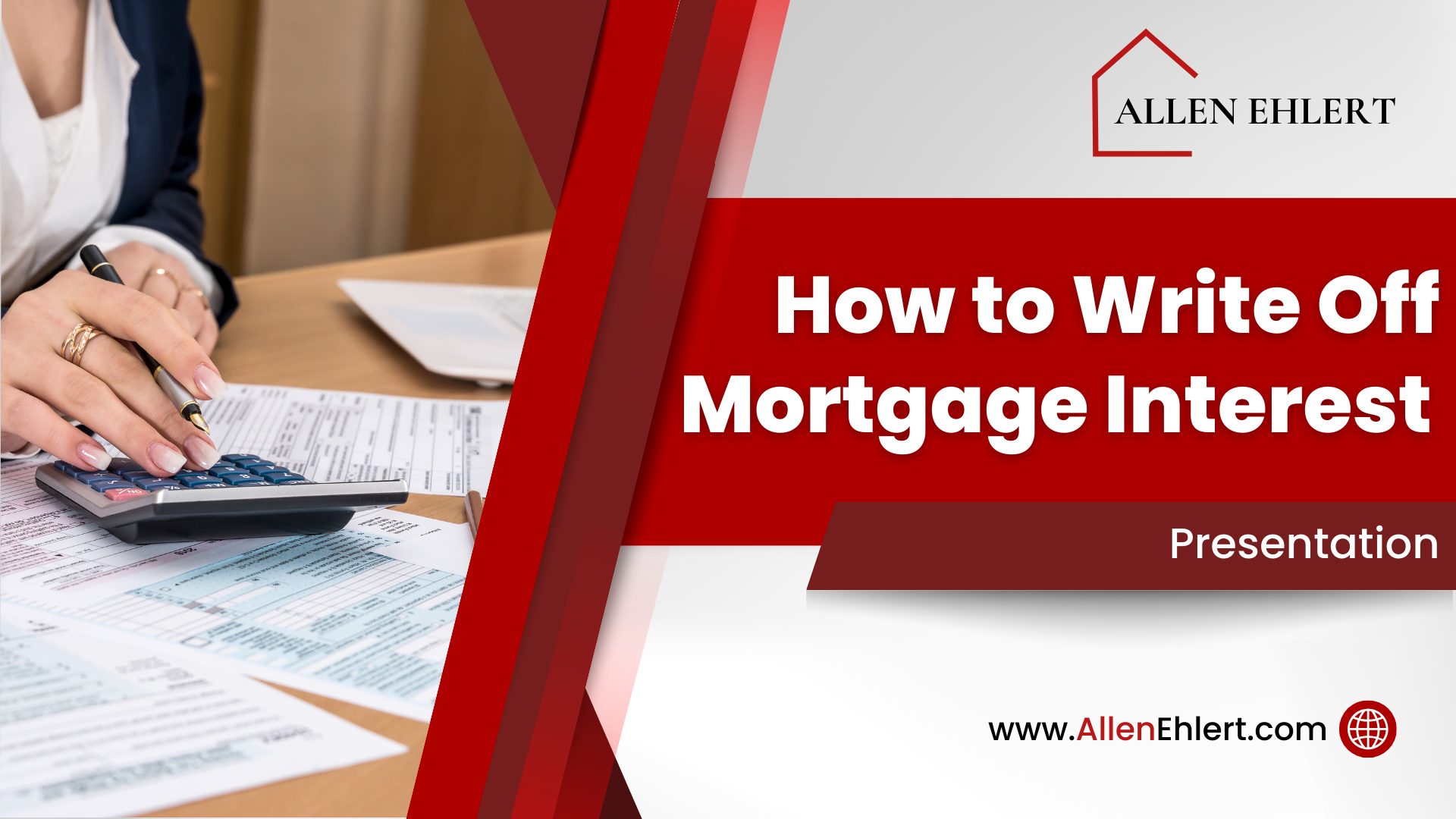…And Why That’s a Good Thing
When it comes to mortgages or anything else, nobody loves fees. You’re already thinking about interest rates, closing costs, and moving expenses, and then your mortgage agent (that’s me) mentions a brokerage fee. Your first reaction might be, “Wait, why am I paying you when the lender pays you too?” That’s fair—it’s a question I hear a lot. But here’s the thing: not every mortgage is created equal, and some take a whole lot more elbow grease to get across the finish line. That’s where a brokerage fee comes in.
Let’s discuss:
What Exactly Is a Brokerage Fee?
Why Alternative & Complex Deals Are Different
When I Disclose the Brokerage Fee
The Real-World Example: Meet Jessica
How Brokerage Fees Are Disclosed and Protected
Why It’s About Value, Not Just Cost
What Exactly Is a Brokerage Fee?
A brokerage fee is a one-time cost you might pay to me when I arrange your mortgage. Normally, with “A lenders” like big banks, I get paid a commission directly from the lender, and you don’t pay me a dime. But when your situation is unique—maybe you’re self-employed, rebuilding credit, consolidating debts, or need creative solutions—the lender might not pay enough or anything at all to cover the time and complexity involved. Nobody works for free.
That’s where the brokerage fee steps in. Think of it as a ticket to access lenders and strategies most people don’t even know exist. It’s not just a charge for pushing paper—it’s about the expertise, relationships, and custom planning that make a tough deal work.
Why Alternative & Complex Deals Are Different
With alternative lenders or private financing, underwriting can be… well, let’s just say it’s not as quick and easy as sending two paystubs to the bank. I might be digging into six months of bank statements, reviewing your tax filings and CRA assessments, crafting your application profile, preparing detailed write-ups on your income, and presenting a whole story to a lender committee that doesn’t look at files the way the banks do.
It’s more work, and more importantly, it’s different work—the kind of problem-solving you want done right the first time. And because some of these lenders either pay lower commissions (like 65 basis points vs. the 100+ bps banks might pay) or don’t pay at all, charging a fee ensures I can fully commit to getting your deal done without compromise.
READ MORE:
Understanding Alternative Lending
The Real-World Example: Meet Jessica
Take Jessica, a small business owner who’d had a tough year and her credit score showed it. She needed to refinance her home to consolidate some high-interest debts and free up cash flow so she could invest back into her company.
The banks? They said “no thanks.” Her income was complicated, and her credit profile didn’t fit neatly into their boxes. That forced Jessica into the Alt space.
So, I went to work. I sourced an alternative lender, built a detailed income presentation, and negotiated a competitive rate with the lender despite her credit challenges. The lender paid me 65 basis points (not much compared to an A lender), and I charged Jessica a transparent brokerage fee for the extra time and strategy required.
Did she question it at first? Absolutely—just like you might. But after closing, she told me the fee was worth every penny because the alternative was no solution at all or one that cost way more over time; like a private mortgage.
When I Disclose the Brokerage Fee
I believe in 100% transparency from the start. If your mortgage solution requires a brokerage fee, I let you know upfront—before any documents are signed or lenders are approached. You’ll see the fee clearly stated in writing, along with a full explanation of why it’s necessary and what value you receive in return. This isn’t a surprise tacked on at the end; it’s part of our first conversation about your options. That way, you can make an informed decision knowing exactly what your costs will be and why they exist.
How Brokerage Fees Are Disclosed and Protected
Here’s where it’s important to know your rights: in Ontario (and all across Canada), brokerage fees are fully regulated. You’ll always see:
- The exact fee amount in writing before you sign anything.
- Clear disclosure that says how I’m compensated, including any commission I get from the lender.
- A statement showing when the fee is payable (only if your mortgage funds—if it doesn’t, you don’t pay).
No fine print, no hidden surprises—just transparency and your signed consent.
Why It’s About Value, Not Just Cost
A brokerage fee isn’t about nickel-and-diming you; it’s about giving you access to solutions you wouldn’t find on your own. You’re paying for experience, for access to lenders who can actually help, and for someone to quarterback your entire file—from the first “what if” to the final “you’re approved.”
In many cases, that fee saves you money compared to not doing the deal at all—or taking an inferior offer.
Allen’s Final Thoughts
By the time we reach the stage of moving forward with your mortgage, you already know exactly what the brokerage fee is, why it’s there, and how it benefits you. It’s part of our very first conversation when we explore your options together—there are no surprises and no last-minute add-ons.
When you see that fee on your paperwork, it’s simply a confirmation of what we’ve already discussed and agreed upon. That transparency gives you confidence, knowing you’re working with someone who values honesty and puts everything on the table before we even approach a lender.
At the end of the day, I’m here to make sure you get the best solution for your situation—whether that’s navigating alternative lenders, creating an exit plan to get you back to prime rates, or structuring your finances to achieve your goals. And yes, sometimes that involves a brokerage fee, but it’s one you’ve already approved with a clear understanding of the value it delivers.












